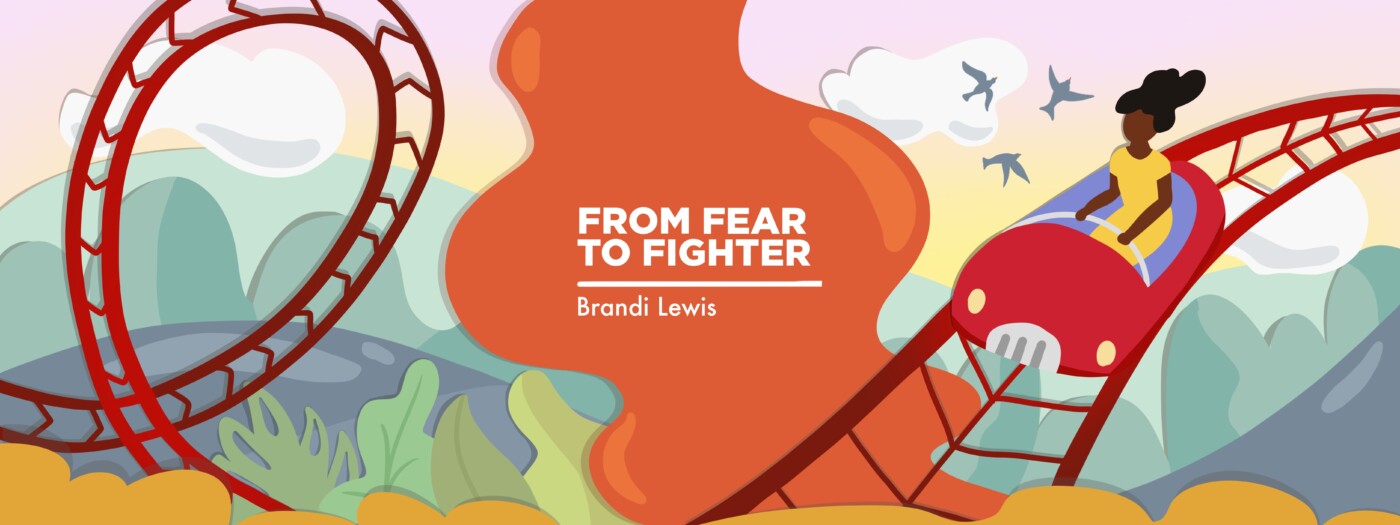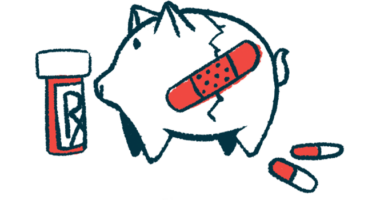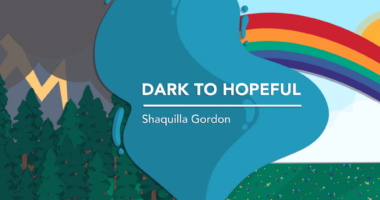Why PNH advocacy is important
Patients with blood disorders and their families need support

One night as I was lying in a hospital bed, across the hall was another patient whose young son was running through the hallways. For some reason, the doors to both of our rooms were propped open, and I could hear the patient and her husband whispering. They were trying to figure out how to split one tray of hospital food for a family of three.
The boy wanted Chick-fil-A, but I could tell they weren’t able to afford it. It dawned on me that they had likely been in the hospital for days.
As the young child ran by my room, I leaned over in my hospital bed and caught a glimpse of his big, bright eyes and wide smile. In his world, there were no cares, only innocence and happiness. I had been admitted to the hospital with severe symptoms due to paroxysmal nocturnal hemoglobinuria (PNH) and aplastic anemia, and I was struggling to recover. But none of that mattered in that moment. All I wanted to do was help a family in need.
A couple years earlier, I had founded a nonprofit called Brandi’s Blessings, which has the mission of spreading awareness and supporting blood disorder patients. Through my nonprofit, I knew I could help this family. I looked at my mom and said, “Hand me my purse.” I pulled out my business debit card, stretched out my poked, prodded, and bandaged hand, and said, “Get them whatever food they want.”
About an hour later, I heard munching and smacking and smelled good, old Chick-fil-A. The boy was quiet and settled. I couldn’t see any of this, but I knew they were able to enjoy a great meal without worrying about the financial repercussions. A sense of joy and peace came over me because I was able to give to another family.
All my pain and worries faded because I could provide help to someone in need. Suddenly, I didn’t notice all the tubes and machines I was connected to. Advocating for others is my way of giving back, but it’s also a therapeutic way I deal with my illnesses.
There are many ways to advocate and help others battling blood disorders.
Hosting bone marrow drives
A bone marrow transplant, also known as a stem cell transplant, is one of the primary ways to treat aplastic anemia and PNH. I partnered with Be The Match to host bone marrow donor drives to sign up potential donors to the organization’s bone marrow registry. Patients can look for a match from a donor listed on the registry.
Speaking events
I often publicly share my story of having lived with blood disorders since I was 19. By doing this, I spread awareness about blood disorders and patient experiences. I also get the chance to explain how others can help us in our fight.
Hosting blood and platelet drives
Blood disorder patients receive many benefits from blood and platelet donor drives. The holidays — particularly Thanksgiving and Christmas — are the best time to host a drive, as the number of donors decreases during that time.
These are some of the ways to help fellow blood disorder patients and their families. If you have additional ideas, please share in the comments below.
Note: PNH News is strictly a news and information website about the disease. It does not provide medical advice, diagnosis, or treatment. This content is not intended to be a substitute for professional medical advice, diagnosis, or treatment. Always seek the advice of your physician or other qualified health provider with any questions you may have regarding a medical condition. Never disregard professional medical advice or delay in seeking it because of something you have read on this website. The opinions expressed in this column are not those of PNH News or its parent company, Bionews, and are intended to spark discussion about issues pertaining to paroxysmal nocturnal hemoglobinuria.








